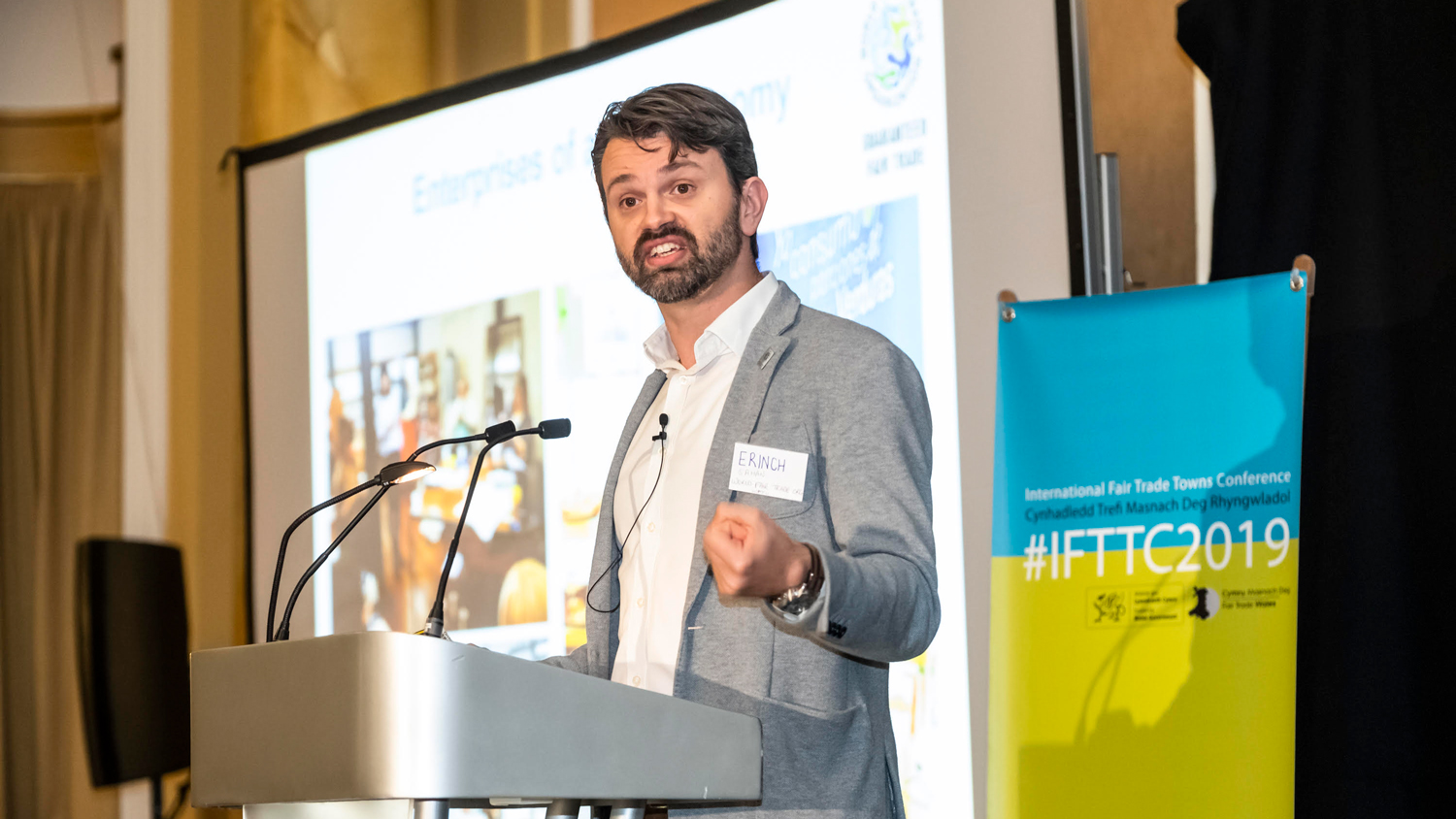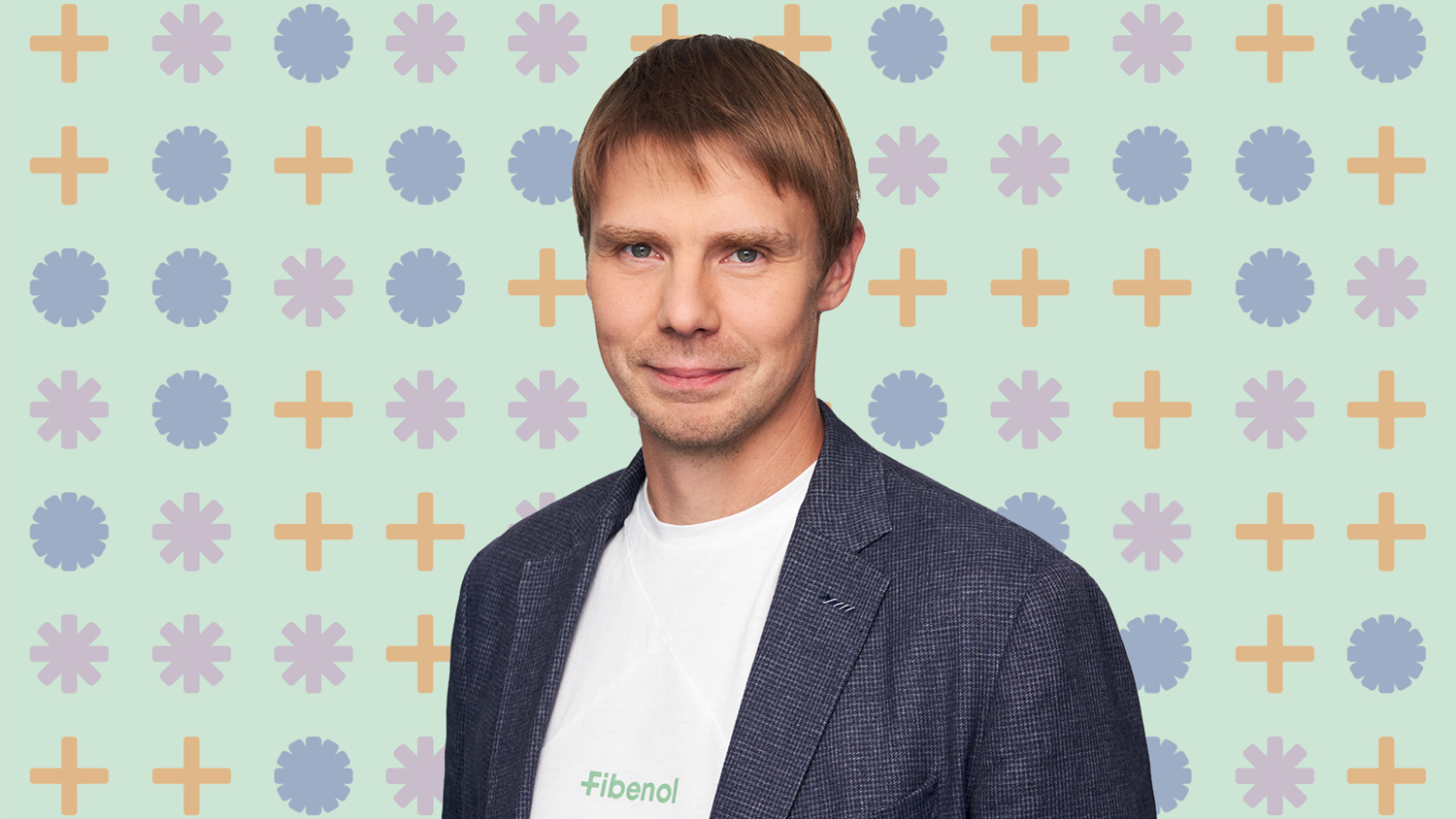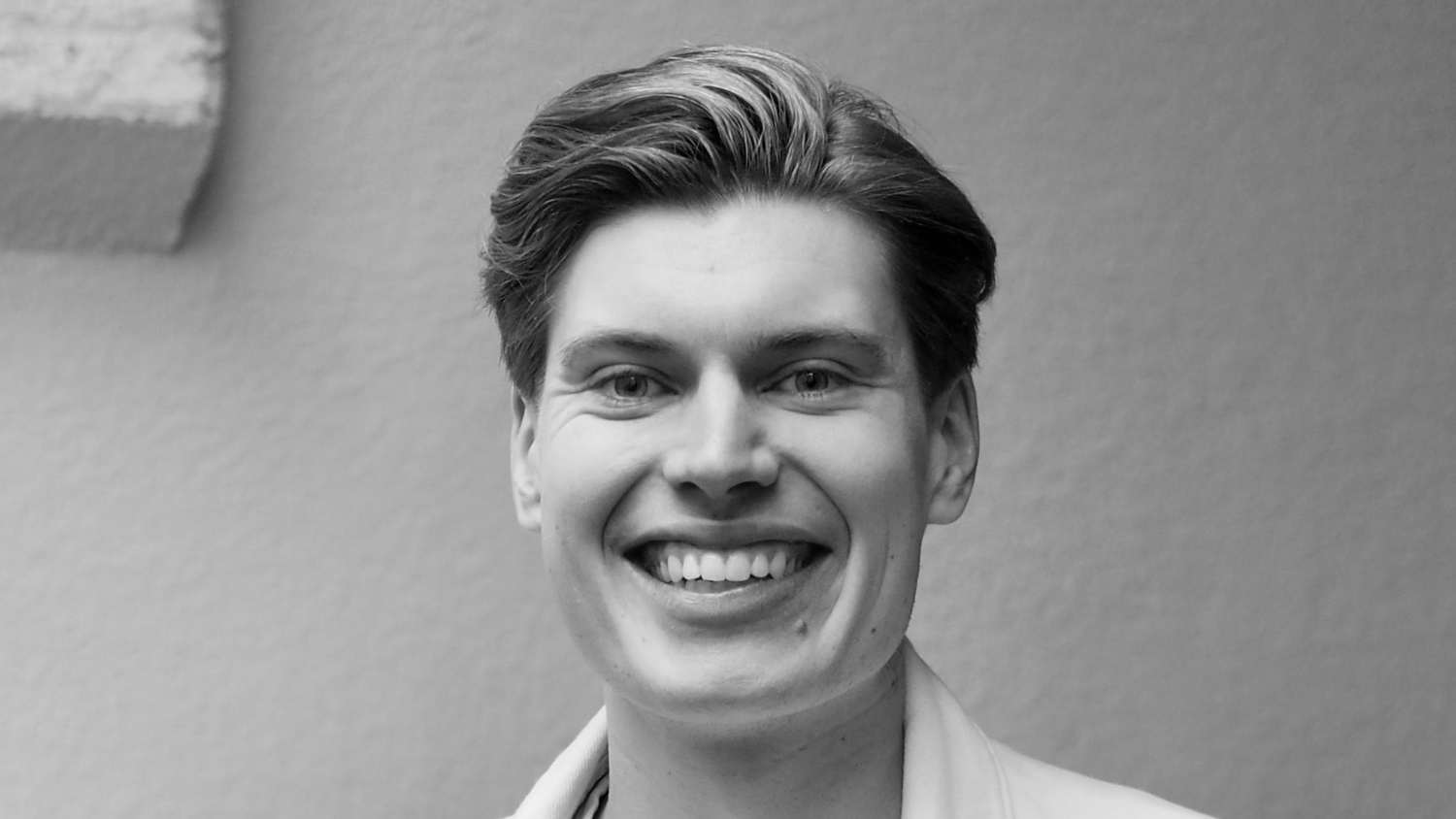Clover Hogan is a climate activist, storyteller, and the founder of Force of Nature. She is a true force herself, mobilizing mindsets for climate action alongside young people, advising Fortune 50 companies, and counseling heads of state.
Clover first learned about the climate crisis when she was eleven by watching documentaries. “I remember feeling very anxious, angry, sad, and frustrated. But, more than anything, I remember feeling confused. I couldn’t understand why I hadn’t learned about it in school, why we hadn’t talked about it at the dinner table, or on TV when my parents watched the news. So, that sparked in me a desire to do something about the issue but also to understand why the adults in my life were so good at pretending like it didn’t exist. They seemed to be sleepwalking even when all the signs showed us we were walking towards the cliff of climate collapse.”
Inaction on climate issues causes mental health issues
When working with young people, Clover´s team has conducted a lot of research on the rise of eco-anxiety, and found that there’s an intersection between mental health and the climate crisis, and through the research, they found that over 70% of young people globally experience this. “When talking to climate psychologists and psychotherapists is that the problem isn’t that so many young people are eco-anxious, but rather that more people in power are not. Eco-anxiety is a psychologically healthy response to this crisis; it’s evidence of our internal alarm bells telling us that something is really wrong in a culture that works so hard to numb us and switch us off from the problem.”
Young people’s anxiety about the climate crisis doesn’t simply stem from the enormity of the problem, but from the inaction in response to it. “When we look to the people in our lives – whether they are adults, elected government officials, or multibillion-dollar corporations – and see that they are failing to step up and meaningfully deal with this situation, it’s disheartening.
Another thing is that young people are feeling increasingly alienated and isolated. As much as social media can be a great vehicle for organizing people-powered movements and connecting people around the issues they care about, it can also contribute to feelings of estrangement and loneliness. Most of the connection comes from a digital space rather than a physical one. Mental health is a real epidemic, and unfortunately, in countries like the UK, the government has been underfunding and removing funding from mental health services.”
There are no silver bullet solutions
As a storyteller and communicator working on climate issues, Clover emphasizes the importantance to recognize that people may not care about these issues for the same reasons that we do. “In the climate space, there’s often a tendency to offer silver bullet solutions or proclaim that one’s solution is the most important. However, the climate crisis is a symptom of various underlying problems, which means we need a diversity of solutions and approaches to address it. This also means we need a diversity of people working on these problems.”
Understanding where people are coming from is crucial, including recognizing privilege and considering climate privilege. “While I may have the privilege of working as a climate activist and spending my time communicating about these issues, for the average person in the UK who is concerned about their energy bill or the cost of living crisis, their most immediate priority is understandably putting food on the table. Asking them to care about something that may feel long-term or distant from their day-to-day lives is a tall order,” she says.
When engaging with these groups, Clover´s focus is on bringing the conversation down to their daily lives. For example, connecting their high energy bills to government decisions not to fund renewable transitions but instead continue with new oil and gas projects. “It’s about connecting to things people can relate to and understanding what they value and what feels most urgent and pressing to them.
You can connect with anyone by sitting down and having an open conversation, really listening not just to respond but to understand. It’s been a journey for me, whether with my family or with people at large when encouraging them to take action.”
All that glitters is not gold
Clover says that individual actions in regards to the climate crisis are a bit of a distraction and suggestions like moving to a renewable energy supplier or going vegetarian may feel important for aligning with personal values and lifestyle choices. “However, there’s evidence to show that these actions have been co-opted by big corporations to deflect attention away from themselves. For instance, British Petroleum rebranded to Beyond Petroleum and created the carbon footprint calculator as an effective means to shift the spotlight away from their own contributions to climate change. Meanwhile, a hundred companies are responsible for 71% of global emissions. Instead of focusing solely on individual carbon footprints, we need to consider how to hold these corporations accountable and advocate for systemic change.”
Another hot take revolves around the types of solutions that are promoted within sustainability. “I believe that many of these solutions don’t address the root of the crisis and instead serve to benefit a small number of shareholders at the expense of the planet’s billions of inhabitants. Take electric vehicles, for instance, often hailed as a silver bullet for climate change. While EVs are undoubtedly part of the solution, their widespread adoption has led to increased demand for cobalt mined in the Democratic Republic of Congo, where human rights abuses, including child labor and unsafe working conditions, are rampant. Despite these issues, consumers in the global North purchasing Teslas often turn a blind eye.”
Clover says that while these solutions may make some people feel better about their environmental impact, they often leave many others worse off. “I’m more interested in holistic solutions that are accessible to the majority. Rather than simply redesigning the combustion engine, we should be rethinking mobility and redesigning cities to be less car-centric and more green. Instead of focusing solely on technologically-based silver bullets, we should prioritize solutions that are accessible to everyday people and offer co-benefits such as cleaner air, better health, and increased happiness.”
Every individual has the potential to make a difference
“My dream is that people will become politically engaged in decisions that affect their lives and communities. Often, these conversations about climate change and other global issues can feel disconnected from our everyday lives. However, I hope to inspire individuals to take ownership of what’s happening in their communities and find ways to make them more environmentally friendly.
Moreover, I want to advocate for the rights of everyday working-class people who are vulnerable in our society. This includes ensuring accessible public housing and empowering individuals to have a voice in shaping their communities. Despite the enormity of the challenges we face and the inaction of those in power, I believe that every individual has the potential to make a difference and should not feel powerless.”









